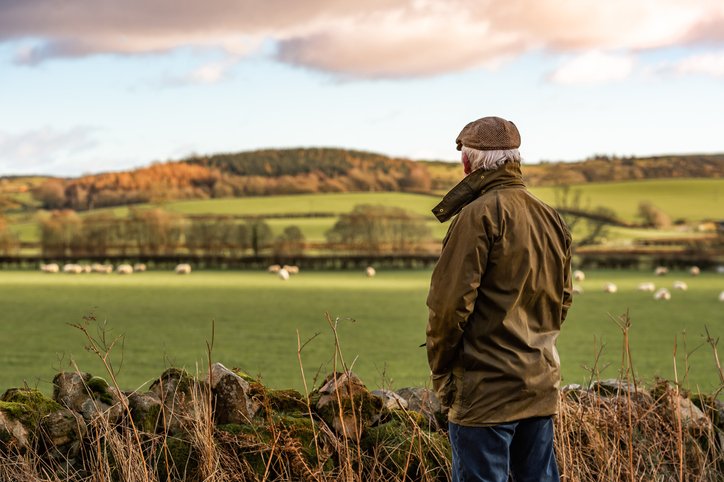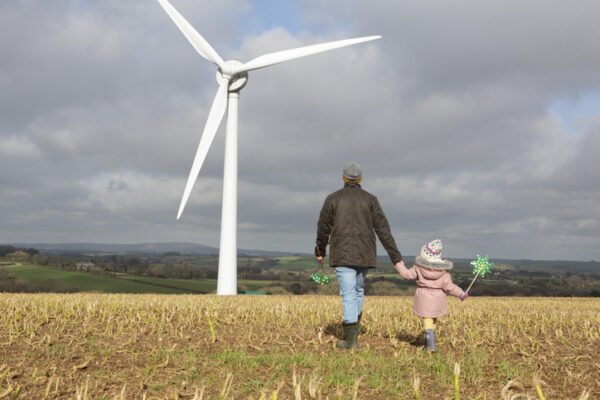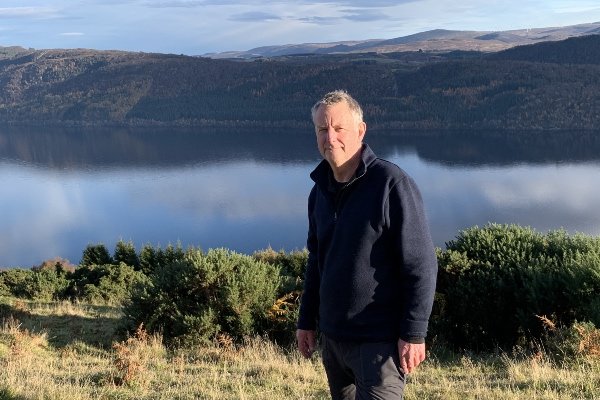A new report reveals that while awareness of biodiversity risks among UK pension funds is growing, at least 62% are not invested in any natural capital assets.
The research, developed by Pensions for Purpose and commissioned by Gresham House, highlights the opportunity for asset owners and managers to enable more resilient portfolios and bolster biodiversity by integrating nature preservation and restoration into their investment strategies.
Pensions for Purpose is calling on asset owners and managers to start investing to preserve and enhance natural capital.
New investments needed
The report, Natural capital & biodiversity – where are UK asset owners on their journey?, reveals that some UK asset owners are incorporating biodiversity and nature-related risks into their investment decision-making, but only 38% of those interviewed have invested in natural capital solutions, and opinions on doing so are varied due to the concept’s nascency.
With the World Economic Forum forecasting that $2.7 trillion is needed annually until 2030 to scale the transition of socio-economic systems to address nature crises, natural capital is vital.
However, to tackle global challenges such as climate change, nature loss and resource depletion, the investment industry must look beyond traditional natural capital areas and consider how finite natural resources and benefits can be preserved and restored.
‘The investments of the past based on natural capital exploitation are no longer viable: the cost of depleting our resources has become too high, both environmentally and financially. Investors must therefore seek sustainable alternatives that preserve and enhance our planet’s natural capital. Addressing biodiversity loss is essential for preserving ecosystems and is a smart investment decision, enabling more resilient portfolios amid growing public awareness and future regulation.’
KAREN SHACKLETON
Chair and founder, Pensions for Purpose
Assets tied to ecosystem services
The research shows that most asset owners interviewed agree that addressing biodiversity risk is at least as crucial as tackling climate change, with some considering it an even more significant threat.
However, challenges with data and the availability of investment products make it difficult to understand and address biodiversity loss through direct investment.
Currently, 35%-54% of financial institutions’ assets are highly or very highly dependent on ecosystem services supported by biodiversity, according to the Sustainable Policy Institute.
Despite this, 80% of asset owners interviewed do not view biodiversity risks separately from climate risks, primarily due to the data challenges mentioned and limited internal resource to focus on biodiversity loss as they do for climate change.
The report also found that 54% of asset owners interviewed now see biodiversity and nature loss as an ESG risk and a theme with which to engage underlying investments.
Direct investing in natural capital remains a new market but, as biodiversity loss is a financially material systemic risk, asset owners can manage their exposure by engaging with companies on biodiversity and nature loss or by investing in natural capital solutions.
 Play Video about This Rock Might Just Save The World
Play Video about This Rock Might Just Save The World Play Video about Play 2 hours of rock
Play Video about Play 2 hours of rock Play Video about Play 2 hours of brook
Play Video about Play 2 hours of brook Play Video about Play 2 hours of sheep
Play Video about Play 2 hours of sheep















































